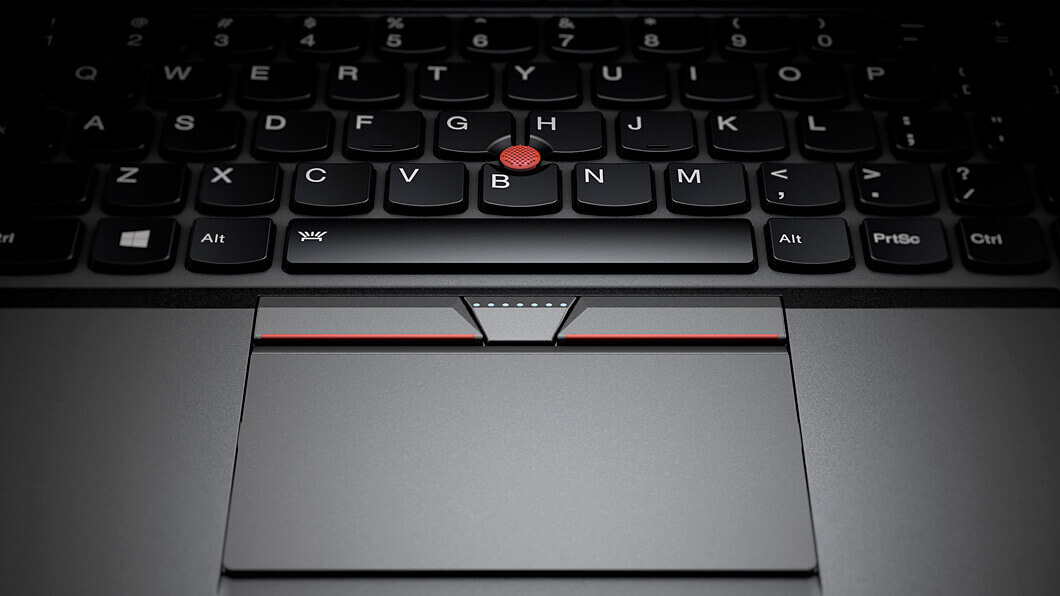
First let’s set the context of the book in my personal life. I was drawn to this book as it coincides with my personal goals – to both limit and maximise time dedicated to work, achieving maximum result. My reasoning was always that if I can set limits to the “work”, I can be more successful as a father, husband, etc.
Reality however is a bit more distressing. Focusing on work, to restore healthy work-life balance, resulted in being successful at work, but the “life” part of the balance was not so structured or good even, which triggered an action to find a strategy to hack in that direction. Also, it was a problem to really set a limit on work.
Now you understand the context. I will try and capture the book contents in a way that it helps me. To “fully get it”, I can only recommend getting the full version (AMZN link).
Deep work is Valuable, Meaningful and Rare
In a hugely distracted world, being able to concentrate on a task for a long period of time; making it progress fast and with or above desired quality, is a good, rare and very valuable attribute.
Put simply, working on things in such a way, enables you to progress with tasks you want to progress, not just tasks other people throw at you at some given moment in time.
Work deeply
Willpower is limited. Organise life around this fact. Instead of cutting nice activities to work deeply, cut deep work with pleasurable activities.
Go for deliberate practice. Ritualise your work. Try to do deep work at certain times, certain places. Make Grand Gestures.
Memorable quote: Creative people organize their lives according to a repetitive, disciplined schedule. They think like artists, but work like accountants.
Execute, execute, execute. Like a pro. Use the 4 disciplines of execution – 4DX framework:
- Focus on the wildly important: Identify what is important to you. Usually, there is a small amount of wildly important goals to you. Quantify them.
- Act on the lead measures: Lag measures are the goals (long-term, e.g. publish 4 scientific papers per year). Lead measures are behaviors, driving towards the goals (lag measures), e.g., number of deep work hours per week. Identify and act on the lead measures.
- Keep a scoreboard: Scoreboard should be a physical scoreboard, somewhere visible in your workplace.
- Accountability – regular reviews: Do regular reviews of your work – evaluate progress.
Downtime – use it. It is important for your brain. Also enjoy it, but you have to quit your work according to a certain ritual. Usually, you need to check the list of tasks (to see if something is accidentally forgotten) AND you need to make a plan for the next day – without this plan, mental shutdown cannot be complete. This latter fact also helps when the task spans over several days – make a plan for how you will handle it in the following days. Your brain will then shutdown 🙂
Embrace boredom
Key takeaway is to simply NOT jump at the every opportunity to check email, check IM, check news – be bored, when standing in line. Simply put, if you distract yourself whenever possible, this will have consequences when trying to work deeply.
Schedule emails into blocks. Schedule use of internet into goals. If you need to use internet – schedule it either into blocks or use software to help you (e.g., website blocker). Always check email. Make a plan for the day (or re-plan the day). Then QUIT the email program and WORK.
Quit social
The memorable quote is “any benefit mind-set“. Namely, we should always check if we actually reap any benefits from using the social media. If the answer is not immediately obvious, we should go for the vital few approach. This approach simply expands on the 80/20 rule, where 80% of the output is usually due to the 20% of input. We thus need to identify which activities are the required or most beneficial to our desired output (the vital few). Very rarely, this activity includes participation in the social media. If we still want to be part of it, we are subscribing to the any benefit mind-set – thus setting the bar on use of our time very low – we may or may not get benefit, which is clearly wrong. We always want to benefit from using particular tool!
Important: PLAN YOUR FREE TIME. There is no “work-life-balance”. It’s only life – plan it, so you can enjoy it productively (kids, spouse, hobbies, whatever). Don’t use internet to entertain yourself – time will fly, your life will be meaninglessly spent.
Drain shallows
Assign shallow budget. For example – 30% of your work time can be for shallow work – e.g., those simple reports, questionnaires, etc. Be careful when giving in the shallow budget!
Use a measure of “college-grad-equivalent” for checking of what requires deep work = your attention. Try to avoid/delegate non-deep tasks to people who are qualified for them.
Write a FAQ for yourself and your organisation. Make it well-known. E.g., which projects/meetings you are likely to attend. What is your email response policy. This strategy will explain your mindset to everyone and lower their expectations.
Be ruthless with your email. It’s a time waster par excellence. Make people do the work when sending you emails (emails must be concrete, not open-ended), otherwise, don’t respond (or politely ask for more data). Also, be process-centric. Think how you can remove this item from your inbox and provide meaningful and complete response.
Finally, always have a clear deadline for the day, e.g. 3PM. ALWAYS. At that point, perform a shutdown for the day.

